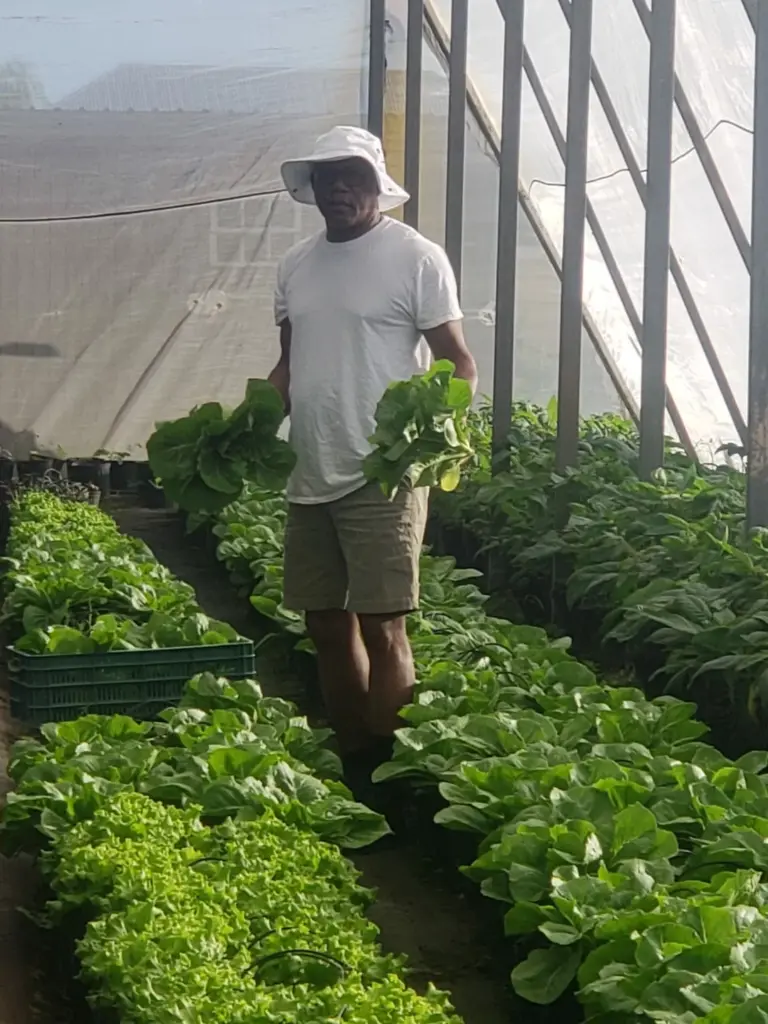In a world grappling with increasing global tensions, St. Kitts and Nevis and Nigeria are stepping up to foster stronger economic and diplomatic ties—this time through a strategic partnership in agribusiness and food security.
At the heart of this collaboration was the inaugural Afri-Caribbean Investment Summit (ACIS 25), held in Abuja, Nigeria, in late March. A 12-member delegation from St. Kitts and Nevis attended the three-day summit, which aimed to ignite fresh cooperation between Africa and the Caribbean. Topping the agenda: food security, climate-smart agriculture, and sustainable economic growth.
Despite their geographical separation, both nations face similar climate-related challenges that threaten agricultural productivity—rising temperatures, erratic rainfall, and extreme weather events. Recognizing the urgency, they are combining forces to tackle these issues head-on through knowledge-sharing and innovative farming strategies.
Shared Strengths, Mutual Opportunities
Nigeria, with its expansive arable land and strong agricultural foundation, is a leading producer of cassava, maize, cashews, and grains. Its government has introduced several initiatives like the Commercial Agriculture Credit Scheme to fast-track agricultural development and ensure national food security.
St. Kitts and Nevis, though much smaller in size, is strategically located in the Caribbean and offers expertise in sustainable island farming. Together, the two countries are working to transform mutual challenges into shared opportunities.
This budding alliance was formalized with the signing of a Memorandum of Understanding (MOU) between St. Kitts and Nevis and Nigeria’s Green Economic Zone (GEZ) during the Summit. The agreement lays the foundation for a cutting-edge Agro Hub Warehouse and Logistics Centre in St. Kitts and Nevis. This hub will serve as a central distribution point for agricultural goods sourced from Nigeria, including staples like rice, maize, and soybeans, as well as value-added products like dairy, snack bars, baby food, and beverages.
A Win-Win for Entrepreneurs and Farmers
The partnership unlocks immense opportunities for agribusiness entrepreneurs in both countries. Nigerian farmers and processors can tap into new Caribbean markets, while businesses in St. Kitts and Nevis can explore product development using high-quality Nigerian raw materials.
Beyond trade, the initiative encourages a two-way exchange of expertise—from sustainable farming techniques to modern food processing methods—fostering innovation, job creation, and economic resilience.
Nevisian Premier Mark Brantley, who attended the Summit, emphasized the importance of diversifying economic partnerships, especially across the African continent. He also acknowledged the Nigerian diaspora in St. Kitts and Nevis as a vital link for driving investment and philanthropy between the two regions.
Technology, Trade, and a Shared Vision for Food Security
This partnership aligns closely with national priorities. Nigeria continues to address food insecurity in certain regions, while St. Kitts and Nevis is pushing for greater food sovereignty and regional agricultural leadership.
The island nation is already embracing agri-digital innovation, with its Department of Agriculture working alongside the Food and Agriculture Organisation (FAO) to promote e-agriculture, drone mapping, and geospatial analysis training.
The formation of this agribusiness alliance signals a new chapter in Afro-Caribbean relations—one grounded in shared goals, economic empowerment, and climate resilience.
As discussions progress, both nations will need to navigate challenges such as logistics, market adaptation, and quality control. Yet, the optimism and commitment displayed at the Summit suggest a strong foundation for long-term success.
This collaboration is more than just a trade deal—it’s a visionary step toward sustainable development and food security, linking continents and communities through the power of agribusiness.

